Managing projects today requires more than just a to-do list. Whether you’re overseeing a remote team, juggling client deadlines, or tracking long-term goals, the right project management tool can be a game-changer. With 2024 offering an impressive lineup of project management software, we’ve rounded up the top tools to help you streamline your processes and maximize efficiency.
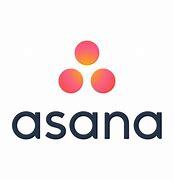
1. Asana: Best for Teams Seeking Flexibility
Asana remains a favorite in 2024, thanks to its user-friendly interface and customizable workflows. Whether you’re tracking a product launch or a marketing campaign, Asana makes it easy to assign tasks, set deadlines, and visualize progress with tools like the Timeline and Kanban boards.
Key Features:
- Intuitive drag-and-drop task management.
- Customizable templates for various industries.
- Integration with over 200 apps, including Slack and Google Workspace.
Who Should Use It: Teams that need flexibility in managing tasks across multiple projects without a steep learning curve.
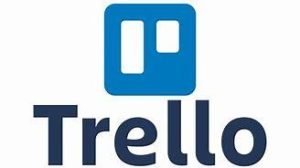
2. Trello: Best for Visual Planners
Trello continues to shine for teams and individuals who thrive on visual organization. Using a simple card-and-board system, Trello is ideal for managing straightforward projects or brainstorming sessions.
Key Features:
- Easy-to-use Kanban boards for task tracking.
- Automation tools with Butler for repetitive tasks.
- Power-Ups to integrate apps like Calendar, Dropbox, and Evernote.
Who Should Use It: Creatives, freelancers, and small teams looking for a straightforward way to visualize workflows.
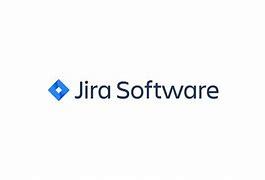
3. Jira: Best for Software Development Teams
For agile teams and developers, Jira is the go-to project management tool. It offers robust features for tracking bugs, managing sprints, and planning software releases.
Key Features:
- Advanced reporting tools to monitor team performance.
- Integration with Confluence for documentation.
- Custom workflows tailored to Agile, Scrum, and Kanban methodologies.
Who Should Use It: Tech-driven teams, software developers, and businesses with complex project lifecycles.

4. Microsoft Project: Best for Enterprise-Level Planning
Microsoft Project has been a cornerstone for enterprise project management for years. Its 2024 update introduces better integration with Microsoft Teams and AI-powered scheduling suggestions to streamline large-scale projects.
Key Features:
- Gantt charts for detailed project planning.
- Resource management to optimize workload distribution.
- Seamless integration with other Microsoft 365 tools.
Who Should Use It: Large organizations and experienced project managers managing resource-heavy initiatives.
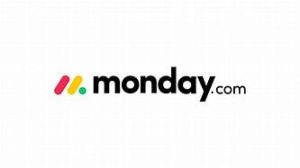
5. Monday.com: Best for Team Collaboration
Monday.com has grown in popularity due to its highly customizable interface and focus on team collaboration. Whether you’re managing creative campaigns or sales pipelines, Monday.com adapts to your needs.
Key Features:
- Customizable dashboards to track KPIs.
- Multiple views, including calendar, Gantt, and timeline.
- Advanced automation for repetitive tasks.
Who Should Use It: Teams of all sizes that value collaboration and need a versatile tool to keep everyone on the same page.
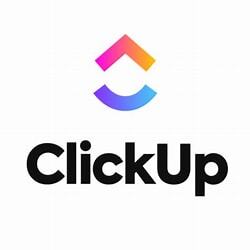
6. ClickUp: Best All-in-One Solution
ClickUp claims to “replace all your tools,” and for good reason. It combines task management, goal tracking, and communication into one platform.
Key Features:
- Built-in docs, whiteboards, and chat functionality.
- Time tracking to monitor productivity.
- Highly customizable workflows for diverse industries.
Who Should Use It: Teams that want a single tool to handle everything from task management to team communication.
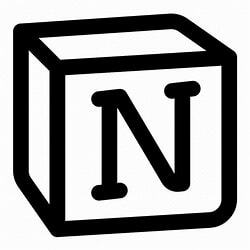
7. Notion: Best for Blending Notes and Tasks
Notion is the perfect mix of project management and knowledge sharing. Its clean, minimalist interface is ideal for teams that want to combine task tracking with collaborative documentation.
Key Features:
- Customizable databases for tasks and notes.
- Templates for everything from meeting agendas to product roadmaps.
- Integration with tools like Slack and Zapier.
Who Should Use It: Teams that prioritize documentation and task management in one cohesive space.
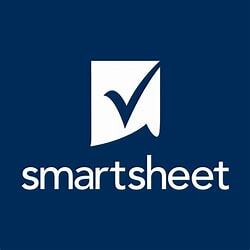
8. Smartsheet: Best for Data-Driven Teams
Smartsheet is built for teams that rely heavily on spreadsheets but want the benefits of modern project management software. Its grid-based layout offers familiarity while adding advanced collaboration and automation tools.
Key Features:
- Real-time collaboration in a spreadsheet format.
- Automated workflows to reduce manual work.
- Robust reporting and analytics tools.
Who Should Use It: Teams comfortable with spreadsheets but in need of enhanced collaboration and automation.
Choosing the Right Tool for Your Team
The best project management tool for 2024 depends on your team’s needs and the complexity of your projects. Here’s a quick guide:
- For flexibility and ease of use: Asana or Monday.com.
- For visual workflows: Trello.
- For software development: Jira.
- For enterprise-level planning: Microsoft Project.
- For all-in-one solutions: ClickUp.
- For notes and tasks combined: Notion.
- For data-heavy projects: Smartsheet.
The right tool can boost productivity, improve collaboration, and give you greater control over your projects. Explore free trials or demo versions to see which platform fits your needs best in 2024.
Project management tools have come a long way, offering smarter features to address the unique challenges of today’s workforce. With the tools highlighted here, you’re one step closer to managing projects more efficiently and leading your team to success.
What project management tools are you using in 2024? Share your experience in the comments!









